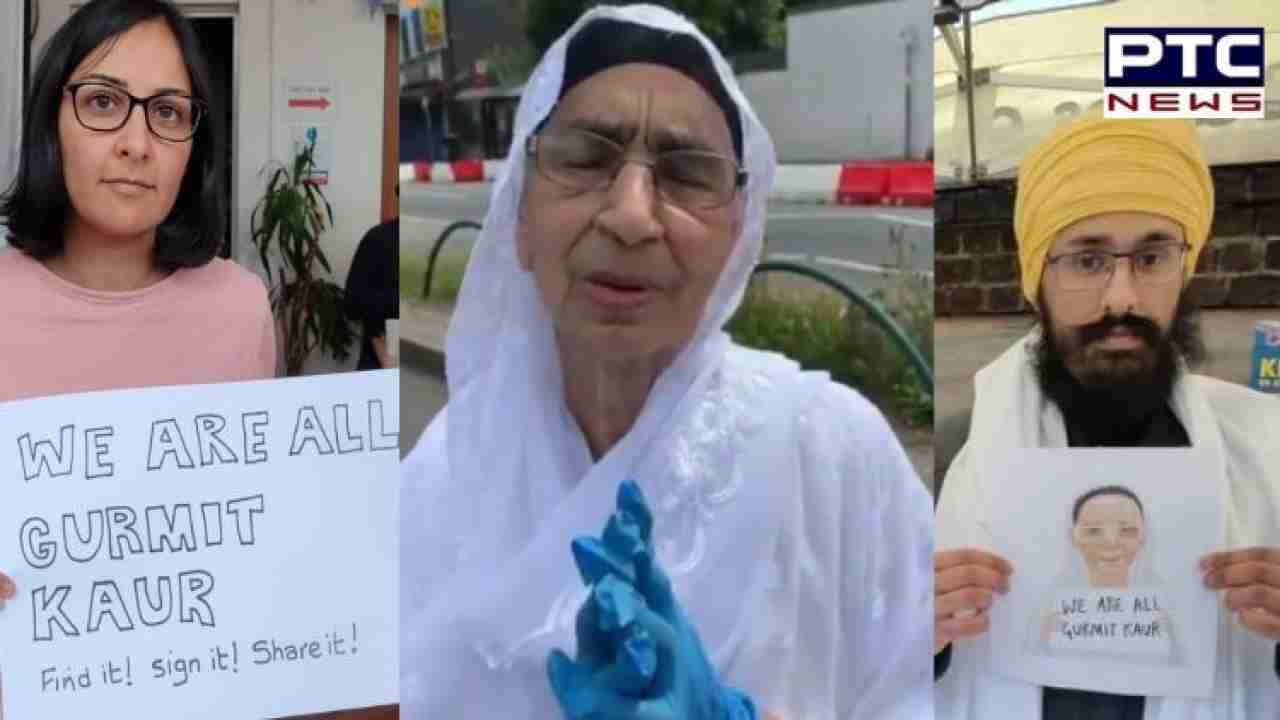

#WeAreAllGurmitKaur: Indian Sikh woman facing deportation from UK gets community support
PTC News Desk: Elderly Sikh woman Gurmit Kaur who is facing deportation from the UK has received exceptional support from the Sikh community, with the hashtag We Are All Gurmit Kaur surfacing all across the internet.
Gurmit Kaur's case first came to light back in 2019. However, it has continued to garner community support in the West Midlands region of England, with her supporters fighting against her deportation.
Who is Gurmit Kaur?
Gurmit Kaur, 78, moved to the UK in 2009 and has lived in Smethwick ever since, according to an online petition that has garnered over 65,000 signatures since it was launched in July 2020.
Recently, the hashtag "We Are All Gurmit Kaur" has been trending on social media as the local community rallies around the widow.
Kaur first visited the UK in 2009 to attend a wedding and lived with her son at the time.
She became dependent on the kindness of strangers after becoming estranged from her family. Gurmit has widespread support within her community, where she regularly volunteers at local charities.
What is the case?
"Gurmit Kaur has no family to turn to in the UK and no family to return to in Punjab, so the local Sikh community of Smethwick have adopted her," according to the petition posted on Change.Org.
Gurmit applied to stay but was denied, despite the fact that she has no family in Punjab, India, says the petition.
"Gurmit is a very kind woman, even though she has nothing she is still generous and will always give what she can, when she can. Most of her days are spent volunteering at the local gurdwara,” it further stated.
However, the UK Home Office claimed that Kaur was still in contact with people in her home village in Punjab and would be able to re-adjust to life there.
'A Derelict House, No Food & No Heating'
Salman Mirza, an immigration advisor for the Brushstroke Community Project who started the petition and is one of those assisting Kaur with her visa appeals, told the BBC that this process has been like torture for her.
"She has a derelict house in the village with no roof and would have to find heating, food, and resources in a village she hasn't visited in 11 years. It's like water torture, a slow death; she's never had the right to work and provide for herself," he explained.
- With inputs from agencies
